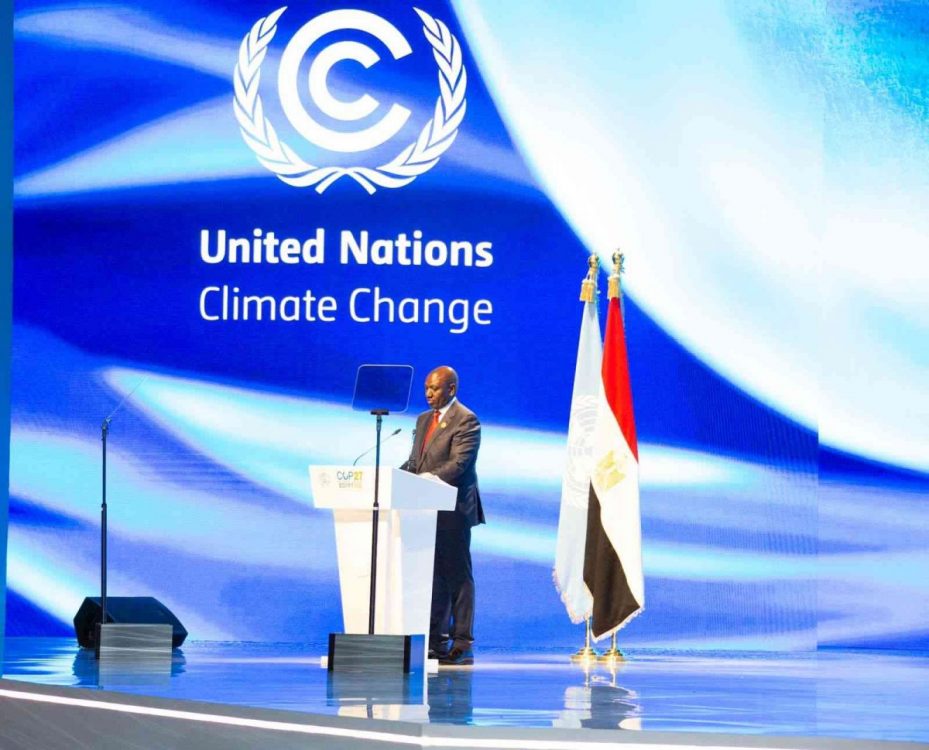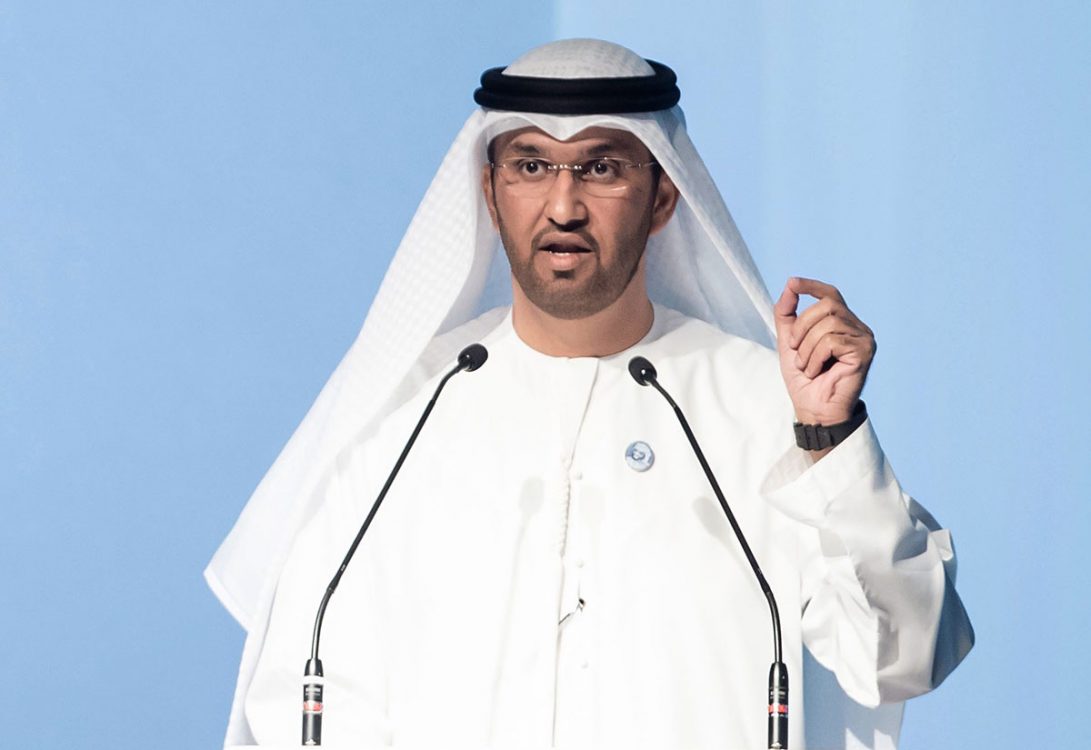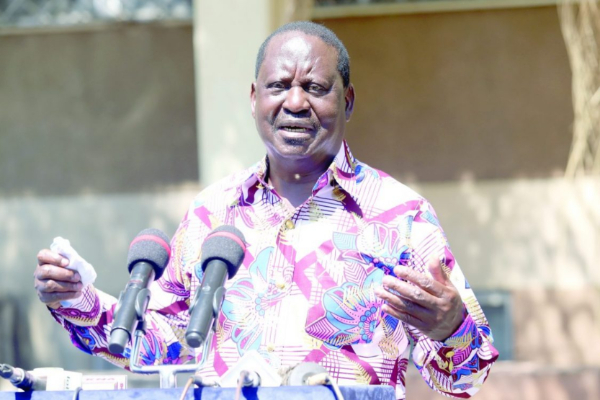Climate reparations deal uplifts vulnerable states

Vulnerable countries hard hit by climate disasters including Kenya got massive relief after the signing of a historic agreement at the United Nations Climate Change Conference (COP27) early Sunday.
When 35,000 delegates from nearly 200 countries convened in Sharm El-Sheikh, Egypt for the conference, two items topped the agenda – climate justice and climate finance. At the end of the talks following up a three-decades-long conversation on these strong topics on nature and humanity that started in Rio de Janeiro, Brazil in 1992, collective action prevailed.
Agreement on the highly divisive and emotive issue of “loss and damage”, the thorniest at the conference, was achieved against a difficult background of extreme weather events, a geopolitical backdrop of conflicts, and a deepening energy crisis.
Ministers and negotiators secured the agreement well past the conference closure on Friday. They agreed to create a new fund to compensate poor nations for the “loss and damage” experienced as a result of extreme weather worsened by climate change.
Many details around the reparations fund are yet to be determined though, including the sticky issue of which countries will pay into the fund, pushing talks on implementation to COP28 in the United Arab Emirates in 2023. The agreement, the most historic after the Paris Agreement (COP21) of 2015, offers hope for countries such as Kenya and the Horn of Africa suffering the longest drought in 40 years after consecutive failed rainy seasons due to climate change.
Over 50 million people (4.5 million in Kenya) are suffering from acute food insecurity, with Somalia on the brink of famine. Governments, donors, humanitarian, and development actors are required to urgently “adopt a no-regret strategy to help weather the worst of the crisis”.
The agreement was driven by the innovative findings of top scientists and economists that rising inequality is leading to increasingly dysfunctional societies that would make cooperation to deal with existential threats like climate change extremely difficult.
Delegates struggled to build consensus on an array of issues, even as UN reports made clear just how close the planet is to irreversible climate breakdown. Eventually, countries reaffirmed their commitment to limit global temperature rise to 1.5 degrees Celsius above pre-industrial levels.
The package of decisions at COP27 strengthened countries’ action to cut greenhouse gas emissions and adapt to the inevitable impacts of climate change. The package will also support the finance, technology and capacity-building needs of developing countries.
UN Climate Change Executive Secretary Simon Stiell said the agreement determines a way forward on funding loss and damage after deliberations on how to address the impacts on communities whose lives and livelihoods have been ruined by the very worst impacts of climate change. Campaigners however decried the offer to provide aid to “the most vulnerable countries”. How would these countries be determined?
Rich countries have long opposed the reparation fund’s creation fearing that accepting liability could trigger a wave of lawsuits by countries on the frontlines of the climate emergency. They have played a “deeply obstructive” role by blocking developing countries’ demands. Developing countries will however take comfort in UN Secretary-General Antonio Guterres’ commendation of the agreement as “an important step towards justice”, saying the voices of those on the frontlines of the climate crisis must be heard.
Although clearly not enough, the agreement is a much-needed political signal to rebuild broken trust. The UN system is promising to support the effort “every step of the way”.
— The writer comments on political and environmental affairs.














